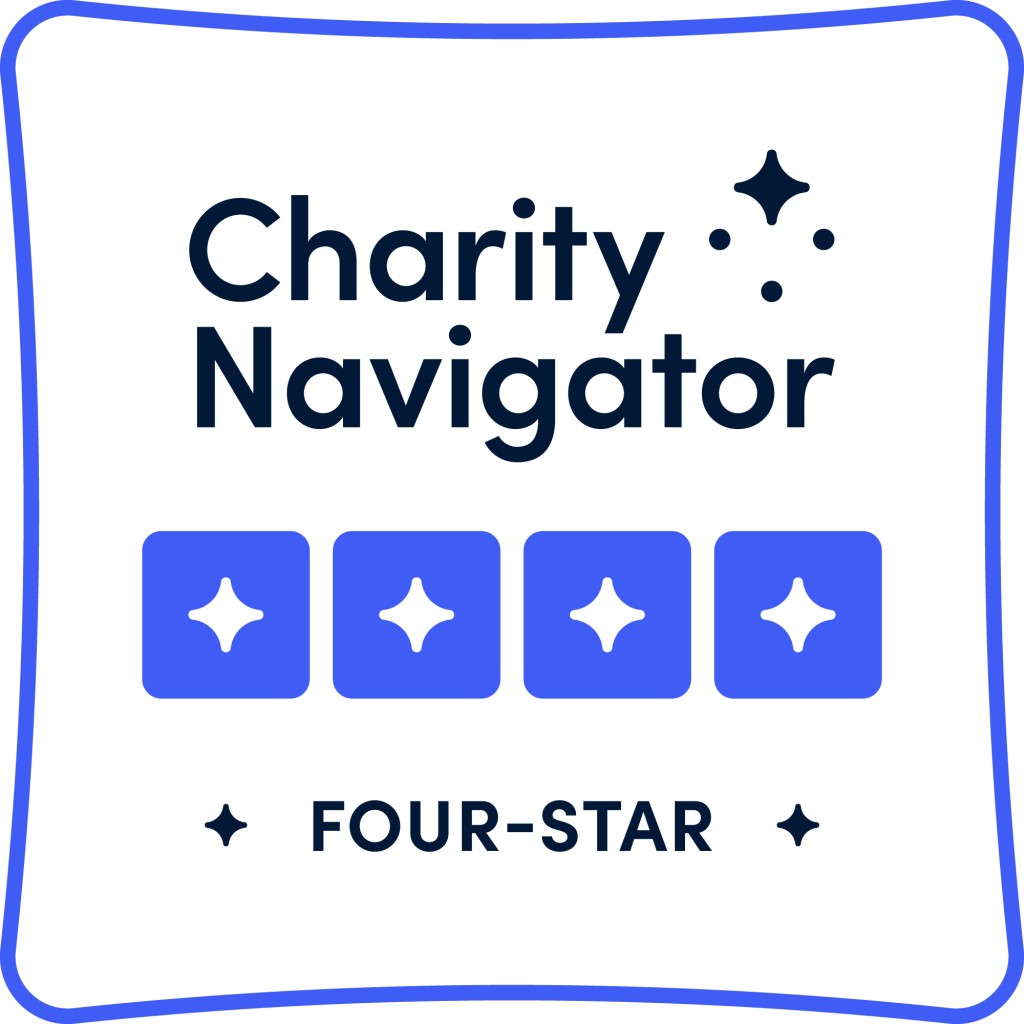The National Ovarian Cancer Coalition (NOCC) funds comprehensive and impactful research initiatives that align with our goal to further advancement in screening, prevention, treatment, and quality of life for patients and caregivers. With the help of generous donors, we have been able to contribute over $3 million to advancing ovarian cancer research and clinical projects.
National Ovarian Cancer Coalition's Research Commitment
In partnership with the Foundation for Women’s Cancer, the National Ovarian Cancer Coalition provides funding for Young Investigator Research Grants, which accelerate the work of researchers to promote the long-term success of the gynecologic oncology field.
In support of NOCC’s mission, the following awards have been granted:
- The National Ovarian Cancer Coalition (NOCC) Research Grant for Early Detection of Ovarian Cancer
- The National Ovarian Cancer Coalition (NOCC) Research Grant for Quality of Life
- The National Ovarian Cancer Coalition (NOCC) Research Grant for Health Equity and Diversity
Young Investigator Award Recipients

2025 National Ovarian Cancer Coalition (NOCC) Research Grant for Early Detection of Ovarian Cancer
Sayaka Ishizawa, PhD
University of Texas MD Anderson Cancer Center
Optimizing Ovarian Cancer Early Detection Using Mathematical Modeling

2025 National Ovarian Cancer Coalition (NOCC) Research Grant for Quality of Life
Mary Katherine Anastasio, MD
Duke University Medical Center
Cryocompression Versus Cryotherapy to Reduce Sensory Peripheral Neuropathy in Gynecologic Cancer: a Noninferiority Randomized Controlled Trial

2025 National Ovarian Cancer Coalition (NOCC) Research Grant for Health Equity and Diversity
Margaret Liang, MD
Cedar’s Sinai
Empowering Caregivers on Financial Health Literacy with the Proactive Costs of Care Intervention

2024 National Ovarian Cancer Coalition (NOCC) Research Grant for Early Detection of Ovarian Cancer
Alexa Kanbergs, MD, MSc, MS
University of Texas MD Anderson Cancer Center
Acting on Cancer Testing Together (ACT-Together)

2024 National Ovarian Cancer Coalition (NOCC) Research Grant for Quality of Life
Elizabeth Thayer, MD
Emory University School of Medicine
Prevention of Paclitaxel-Induced Peripheral Neuropathy: Randomized Trial of Cryotherapy With and Without Cilostazol

2023 National Ovarian Cancer Coalition (NOCC) Research Grant for Quality of Life
Teresa Boitano, MD
University of Alabama – Birmingham
Using a Novel Mobile Cognitive Training Application to Improve Cancer-Related Cognitive Impairment in Gynecologic Oncology Patients

2023 National Ovarian Cancer Coalition (NOCC) Research Grant for Early Detection of Ovarian Cancer
Carrie Langstraat, MD
Mayo Clinic
A Deep Learning Algorithm for Early Detection of Ovarian Cancer Among Patients with Adnexal Lesions

2022 National Ovarian Cancer Coalition (NOCC) Research Grant for Quality of Life
Katherine Esselen, MD, MBA
Beth Israel Deaconess Medical Center
Using a Novel Mobile Cognitive Training Application to Improve Cancer-Related Cognitive Impairment in Gynecologic Oncology Patients

2022 National Ovarian Cancer Coalition (NOCC) Research Grant for Early Detection of Ovarian Cancer
Sushmita Gordhandas, MD
Memorial Sloan Kettering Cancer Center
Understanding Decision-Making for Risk Prevention Surgery: A WISP Qualitative Study (Salpin-jectomy)
Clinical Trial Fund – NOCC Financial Assistance Program
Clinical trials are the best way to ensure that safe and effective new technologies and medicines can be developed for patients who need them. In partnership with the Patient Advocate Foundation, the NOCC Clinical Trial Fund is available to reduce the barriers associated with ovarian cancer treatment and clinical trial participation. This fund provides each approved patient a one-time payment to be applied towards non-medical costs related to enrollment and participation in clinical trials. With this financial support, individuals are more likely to enroll in trials that can help improve outcomes in ovarian cancer treatment.
Past Ovarian Cancer Research Initiatives
Collaborative Research Efforts – Ovarian Cancer Dream Team Research Initiative

Dr. Alan D. D’Andrea M.D.

Dr. Elizabeth M. Swisher M.D.
In 2014, the NOCC became a funding partner for the first-ever Ovarian Cancer Dream Team with Stand Up To Cancer and the Ovarian Cancer Research Alliance. About 10-20% of ovarian cancer is likely attributable to genetic inheritance. The team, led by Alan D. D’Andrea, MD, and Elizabeth Swisher, MD, focused on the research of DNA gene repair to provide new advancements in treatment therapies for patients with ovarian cancer.
Two significant trials were launched during the team’s time together. The first, WISP (Women Choosing Surgical Prevention), is an ongoing study looking at how well surgery works in preventing ovarian cancer in patients with genetic mutations at risk of ovarian cancer.
The second trial, MAGENTA (Making GENetic Testing Accessible), aimed to improve the availability of genetic testing for hereditary cancer syndromes to at-risk individuals through an online genetic testing service.
Dr. Laura, Shawver, and Pamela, a clinical trial participant, discussed the results of the MAGENTA Clinical Trial and answered questions from the ovarian cancer community about at-home genetic testing and counseling.





